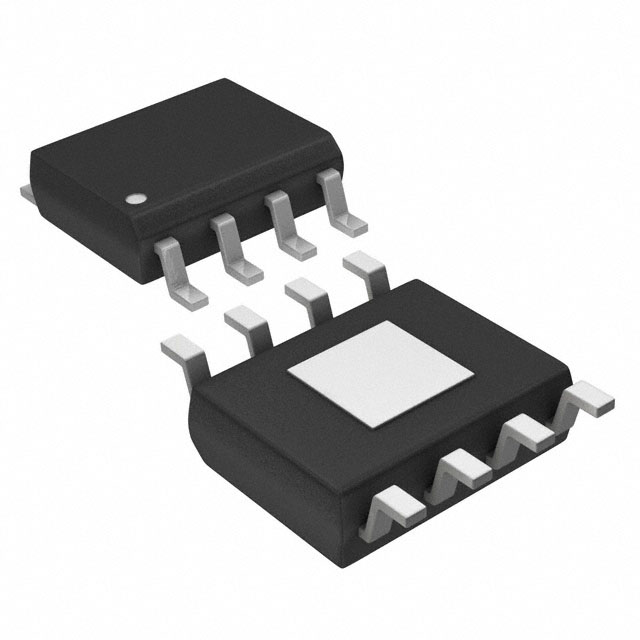Manufacturer
Please Input
- onsemi
- TECH PUBLIC
- Diodes Incorporated
- Infineon Technologies
- Maxim Integrated / Analog Devices
- STMicroelectronics
- Texas Instruments
- Linearin
- Feeling Tech
- NIKO Semicon
- WILLSEMI(Will Semicon)
- ADI (Analog Devices, Inc.)
- Microchip Technology
Package
Please Input
- sot-23-5
- msop-8
- soic-8
- sc-70-6
- soic-8_150mil
- vssop-8
- sot-23-6
- sc-70-6(sot-363)
- sot-25
- vssop-10
- sot-23
- uqfn-10
- dfn-12
- msop-12
- so-8
- tsot-23-5
- umax-8
- msop-10
- sot-23-8
- dsbga-12
- dsbga-4
- sc-70-5
- sc-70-6l
- soic-8_ep_150mil
- sot-23-3
- tsot-23-6
- tssop-16
- tssop-8
- vdfn-10
- vssop-8(3x3x0.65)
- wson-8
- assop-10
- htssop-20
- lfcsp-8
- ms-8
- qfn-10
- qfn-16_4x4x065p
- sop-8
- sop-8_150mil
- sot-23-5l
- sot-26
- sot-363
- tdfn1218
- to-92-3
- tqfn-16_4x4x065p
- tssop
- tssop-20
- tssop-6
- tssop-8(3x4.4x0.65mm)
- umax-10
- vdfn-10(3x3)
- vqfn-16
- wqfn-24
Packaging
Please Input
- reel
- tape
- tube
- -
- pallet
Images | Mfr.Part # | Category/Manufacturer/Package/Packaging | RoHS | Price | Quantity | Operate |
|---|
1
2
3
4
22
Current-Sensing AmplifiersCurrent-sensing amplifiers are electronic devices that are used to amplify a small AC or DC current and produce a corresponding output voltage. They are commonly used in applications where it is necessary to measure, monitor, or control the current in a circuit or system. A current-sensing amplifier typically consists of a transimpedance amplifier, which converts the input current into a voltage, and an amplifier stage, which amplifies the output voltage to a level that can be measured or processed by other electronic components. The specific design and operating characteristics of a current-sensing amplifier depend on the intended application and the range of currents to be measured. Some current-sensing amplifiers are designed to operate over a wide dynamic range and can measure both AC and DC currents, while others are optimized for a specific current range or type of current.











